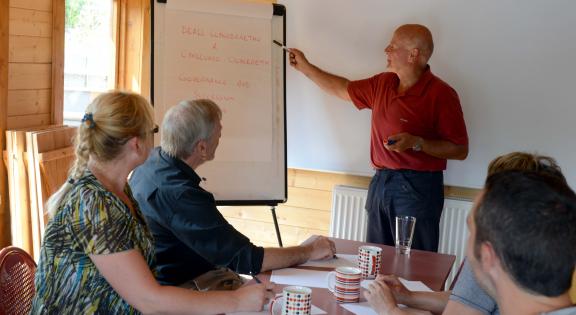Social businesses are at the forefront of good governance, combining the requirements of good commercial business administration with providing benefits to members and communities.
Good governance not only helps ensure your business is running efficiently and within all legal requirements, but it also helps to keep your social impact at the forefront at all times, ensuring that all decisions are made with the best interests of your social cause in mind.
There are a number of elements contributing to the good governance of your business: from the involvement of various internal (Board, members, staff) and external stakeholders, to strategy, planning and delivery. When running your business, it’s key to remember that these are interconnected; after all, an organisation is only as strong as its weakest link.
Business structures for social enterprise
Ensure good governance within your social enterprise by paying specific attention to the areas listed below. Consider each section in turn to identify areas for improvement and define the actions that will strengthen your social business.
Social enterprise board of directors & developing governance capacity
An overview of how the organisation can ensure that those responsible for governance are well informed, trained and supported, so they can provide the best business governance possible.
Meeting legal reporting requirements
Important advice on how the organisation can preserve its legal form, status, limited liability and right to trade.
Policies and procedures for social enterprise
How to provide a framework which makes clear to everyone involved in the organisation how things operate. It’s this framework that you can use to hold all enterprise members accountable.
Business structures for social enterprise: providing control and oversight
The mechanisms used by those governing the organisation to ensure they know what is going on and to make legal, socially responsible and commercially viable decisions.
Stakeholder and membership engagement
How the organisation actively works to inform and involve those who have ownership or representation rights in the governance process.
Reflect on governance within your organisation using our diagnostic questionnaire:


